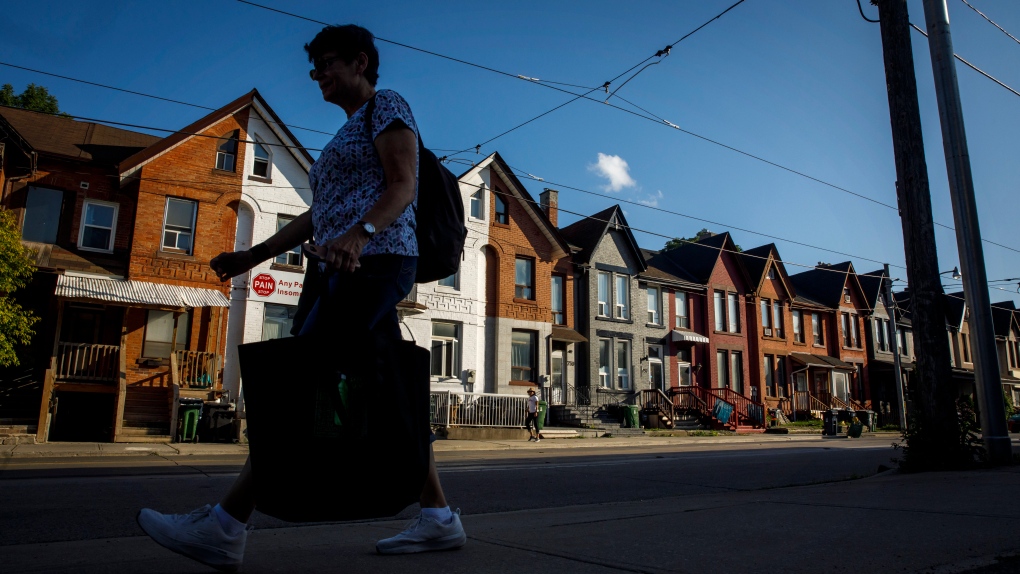FTA: The unaffordable cities:
1- Richmond Hill, ON
2- Oakville, ON
3- Markham, ON
4- Vaughan, ON
5- Richmond, BC
6- Vancouver, BC
7- Toronto, ON
8- Milton, ON
9- Whitby, ON
10- Coquitlam, BC
11- Burlington, ON
12- Brampton, ON
13- Mississauga, ON
14- Burnaby, BC
15- Ajax, ON
16- Surrey, BC
17- Langley, BC
18- Oshawa, ON
19- Saanich, BC
20- Kelowna, BC
21- Abbotsford, BC
22- Guelph, ON
23- Hamilton, ON
24- Waterloo, ON
25- Cambridge, ON
26- Barrie, ON
27- Kitchener, ON
28- Ottawa, ON
29- London, ON
30- St. Catharines, ON
31- Montreal, QC
32- Windsor, ON
33- Kingston, ON
34- Halifax, NS
35- Greater Sudbury, ON
36- Longueuil, QC
And the affordable cities:
1- Edmonton, AB
2- St. John’s, NL
3- Regina, SK
4- Saguenay, QC
5- Trois-Rivières, QC
6- Quebec City, QC
7- Lévis, QC
8- Winnipeg, MB
9- Saskatoon, SK
10- Gatineau, QC
11- Calgary, AB
12- Sherbrook, QC
13- Terrebonne, QC
14- Laval, QC



The bottom will not fall out unless some very drastic policy changes are made. Those policy changes won’t be made until ownership rates drop significantly (they’re still very high, around 65%)
What we’ll see is a plateau instead, where rates can’t go higher simply because not enough people can afford them, but we won’t see a drop either.
It’s not going to fall out until they eliminate the principle residence tax exemption, and at the exact same time, put some actual restrictions, with teeth, around capital requirements to get a mortgage. Matched with rising rates, this wouldn’t pop the market, it would implode it. It would also hurt a whole bunch of innocent people, but honestly, it’s what it’s going to take. Probably will cause a pretty big recession too, because our GDP is so tied to the housing market now. But that’s what it’s going to take, and it sucks, but that’s the mess we are in…
I agree. As long as the majority of voters live in houses, it’ll stay the same. Homeowners will vote in favour of their own self-interest. Constrained supply means increased demand and higher prices.
Seems irrelevant to a single property owner though, unless you have an escape plan. Especially if you have a mortgage and stand to take a big hit when interest rates go up.